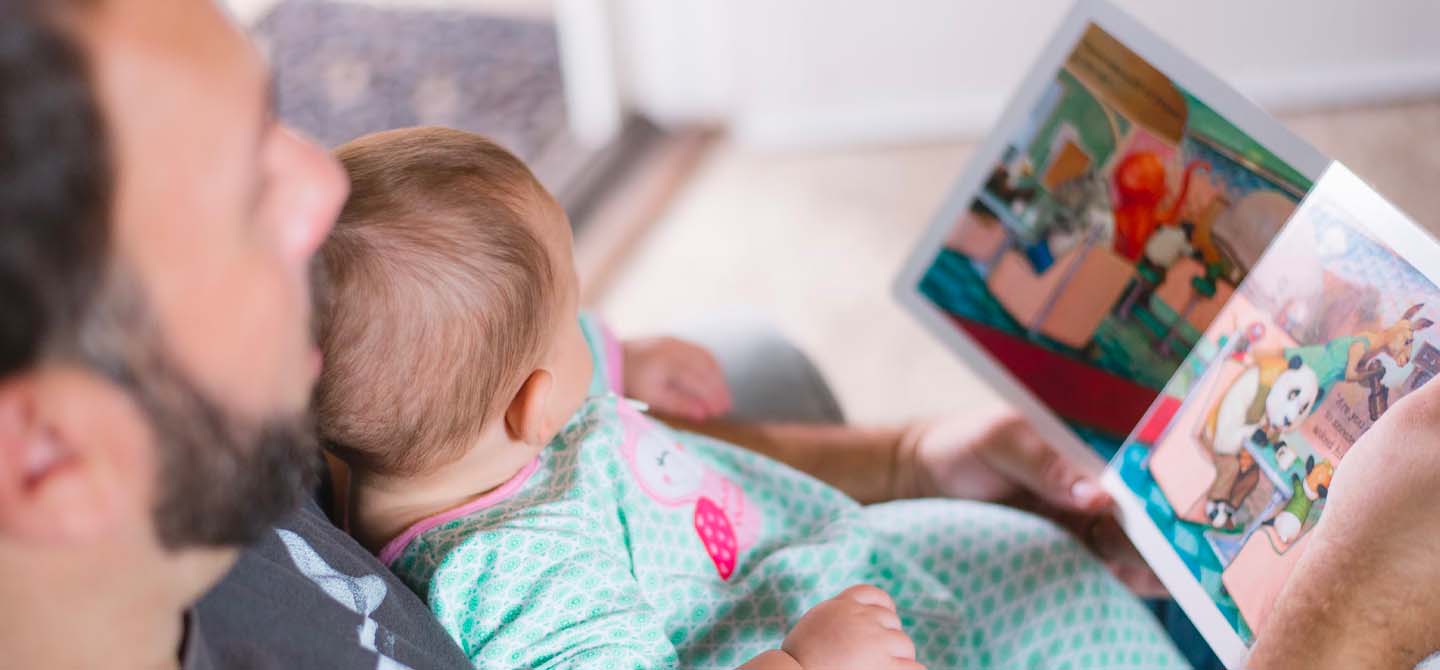What are Primary Carer Rights?
Co-parenting presents challenges even in the most amicable of relationship breakdowns. There is bound to be disagreements over time regarding a number of different things: whether this be deciding timing for special occasions, where child/children should go to school, or dealing with medical care. It is important to maintain constructive and effective communication channels that allow for the child/children’s best interests to be maintained at all times. Some of this will be determined by how primary carer rights are enforced by the parties.

Who can be considered the primary carer?
A primary carer, in Family Law, is generally regarded as the person with whom the child/children spend the most time. In most cases this will be the mother or father of the child/children. However, in some cases this can be another family member or guardian, usually where the parents are not fit to take care of the child/children.
Being a primary carer involves many responsibilities and generally encapsulates all day-to-day activities that pertain to the care and maintenance of child/children. In performing these duties, it is important to keep the other parent informed of what is happening in the child/children’s life, particularly regarding medical appointments or other emergencies. This is because such decisions may require the consent of both parents, where there is joint parental responsibility. Additionally, it will ensure a stable co-parenting relationship that is focussed on the best needs of the child/children.
Payments or support to a primary carer
In some circumstances, the parent who is not the primary carer will make payments to the primary carer to facilitate support of the child. This can include paying for:
- Education
- Health insurance
- Medical needs
- Rent or mortgage assistance.
This list is not conclusive, and in addition, or alternative to this, a lump sum periodic payment can be made. This will be determined with regard to the financial standing of each party, and how the child might best be supported.
Separate to this is the concept of parental responsibility. This governs who has discretion to make decisions about the child/children’s life and wellbeing – for instance, dealing with the aforementioned educational, health or cultural endeavours of the child/children. Parental responsibility can be granted ‘equally’ or on a ‘sole’ basis. Courts will begin with the assumption that it is in the child’s best interest for parental responsibility to be shared equally, and will only defer from this presumption in circumstances of abuse, neglect or family violence.
Sole and Equal parental responsibility
Equal parental responsibility means that both parents have discretion to make decisions for the child/children. Sole parental responsibility on the other hand means that only one parent (or guardian) will be conceived of as having the relevant authority to determine such issues on behalf of the child/children. Parental responsibility may be determined in a way that governs the whole relationship, or may be delegated to individual facets of the child/children’s life. For instance, it may be determined that one parent should have sole parental responsibility in regards to the child/children’s religious interests, if this is something that one parent remains specifically concerned about.
In determining how parental responsibility will be allocated, the court will have regard to:
- The best interests of the child/children, and how a meaningful relationship with both parents can be promoted healthily; and
- Any risks of harm (whether this is emotional, physical, or sexual) to the child/children that may occur if left in the care of one or both of the parents, or with other guardians, where there may a history of violence, abuse or neglect.
There have been instances where the Court has reassessed who should be a primary carer – this will usually eventuate where a risk of violence or neglect where the child/children is with the primary carer has become apparent.
In many circumstances, arrangements will be made to facilitate child/children spending time with the parent who is not the primary carer. The division of time between parents is something best left to each family, seeing that each family dynamic is uniquely complex. However, one common arrangement is to have the child/children spend each alternate weekend with the parent who is not the primary carer, and for one night during the week. It is important to minimise disruptions to the child/children’s routine.
Wrap up
To conclude, it is essential that one thing is kept at the forefront of a co-parent's mind: that it is their responsibility to ensure the rights, safety and wellbeing of their child. Keeping this interest in mind will avoid the risk of protracted conflict between the parents.


